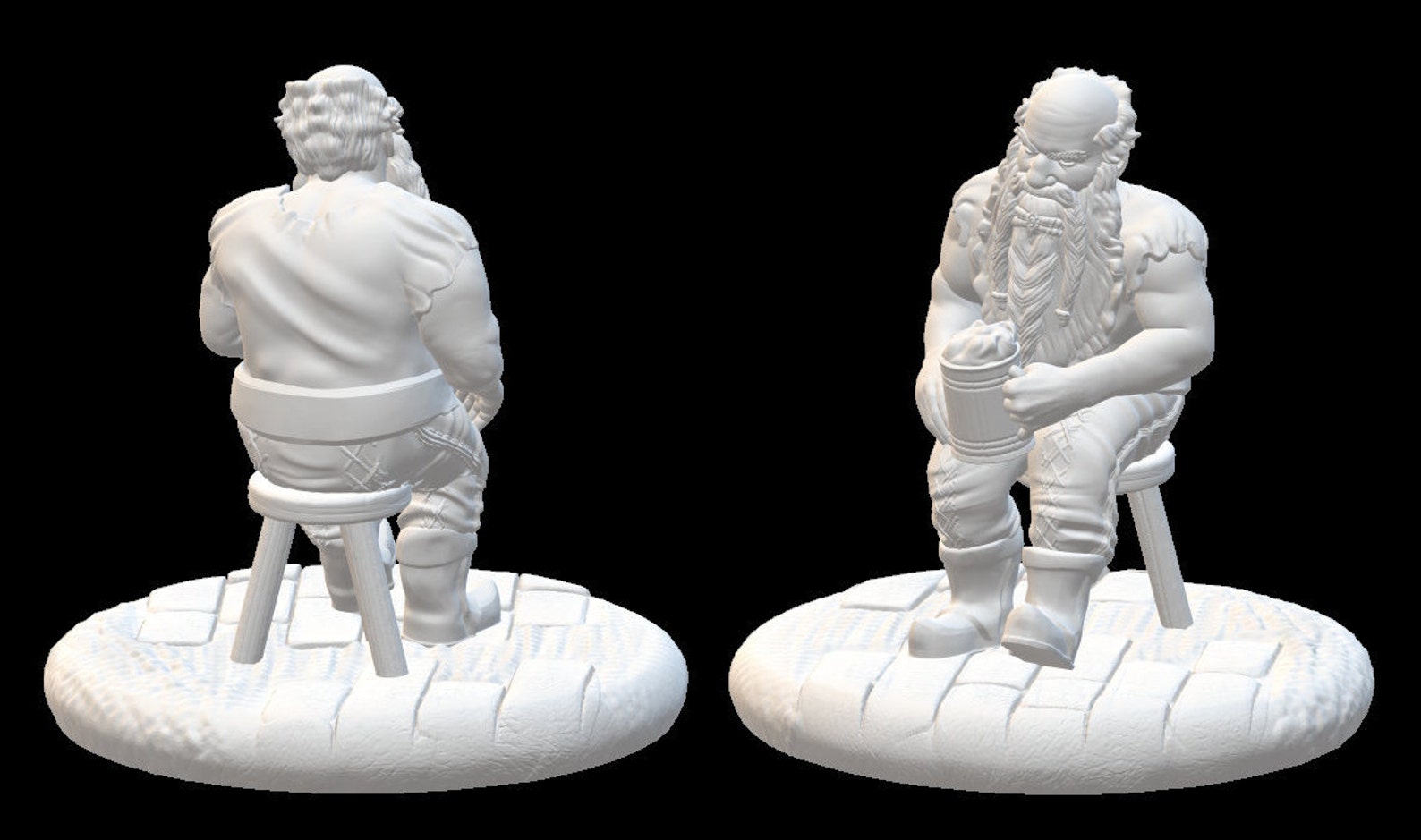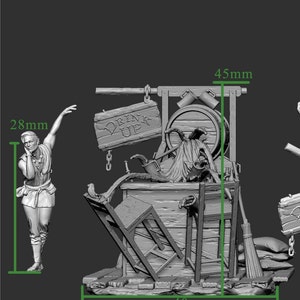

As a rule of thumb, the more specialized the shop, the more knowledgeable and purposeful the shopkeeper will be. An NPC working in a book store might be more reserved, but would also be knowledgeable.īy thinking about the location first, you can easily put together a simple idea of what you want your NPC to act like.

A blacksmith, for example, might have real pride in their work and try to push wares more enthusiastically. If someone is entering a craftsman’s shop or a very particular store, like a book store, the NPC will likely be much more passionate about their shop. They might be a little less specialized than keepers of other shops, but they make up for this in their broad knowledge and good connections with other businesses. But since they work with people daily and carry goods for main trades, they’re likely decent at business, good with customers, and knowledgeable on value and haggling. If your players are entering a general store, your NPC can have a wide range of personalities. Instead, quickly consider the type of shop that your players are entering and use that as a base line for your NPC’s personality. But that’s not the best tactic when trying to establish useful characters to interact with. Because of this you might think your NPC’s personality would be chosen at random, just creating a character out of thin air. You often don’t have a lot of time to prepare when a player suddenly decides to walk into a shop. Each type of shopkeeper is role played differently, but they are still trying to sell your players goods. On the other hand, a bad shopkeeper would be unhelpful, forgetful, and curt. A good shopkeeper might be helpful, knowledgeable, and informative. While their core objective is almost always the same, whether or not they are a “good” shopkeeper is a different question. Other traits that a shopkeeper might have are applied value statements around the same idea. As long as they are focused on a primary goal, you will have a stable framework on which to build up this NPC. Whether or not the shopkeeper has any other traits does not particularly matter. This goal is what establishes the interactions you will build with your characters. The goal of the shopkeeper is relatively straight forward: sell the customers goods. Owners or workers in stores follow a pretty straight narrative path when you introduce them to your players. If you find yourself unprepared for a shopkeeper interaction, there are a couple of things you can do to create more believable shopkeepers in an instant. Some groups do it every time they are in a town while other players only do it when absolutely necessary. You never know when your players are going to want to go shopping. One of the most common NPC interactions that you will have to develop on the spot is a shopkeeper.

NPCs are the primary way in which the DM brings direct voice into the narrative.


 0 kommentar(er)
0 kommentar(er)
